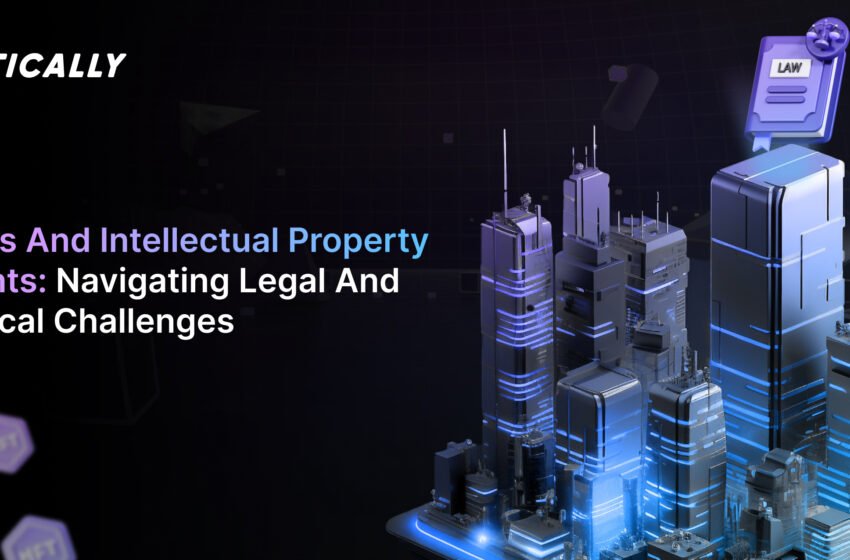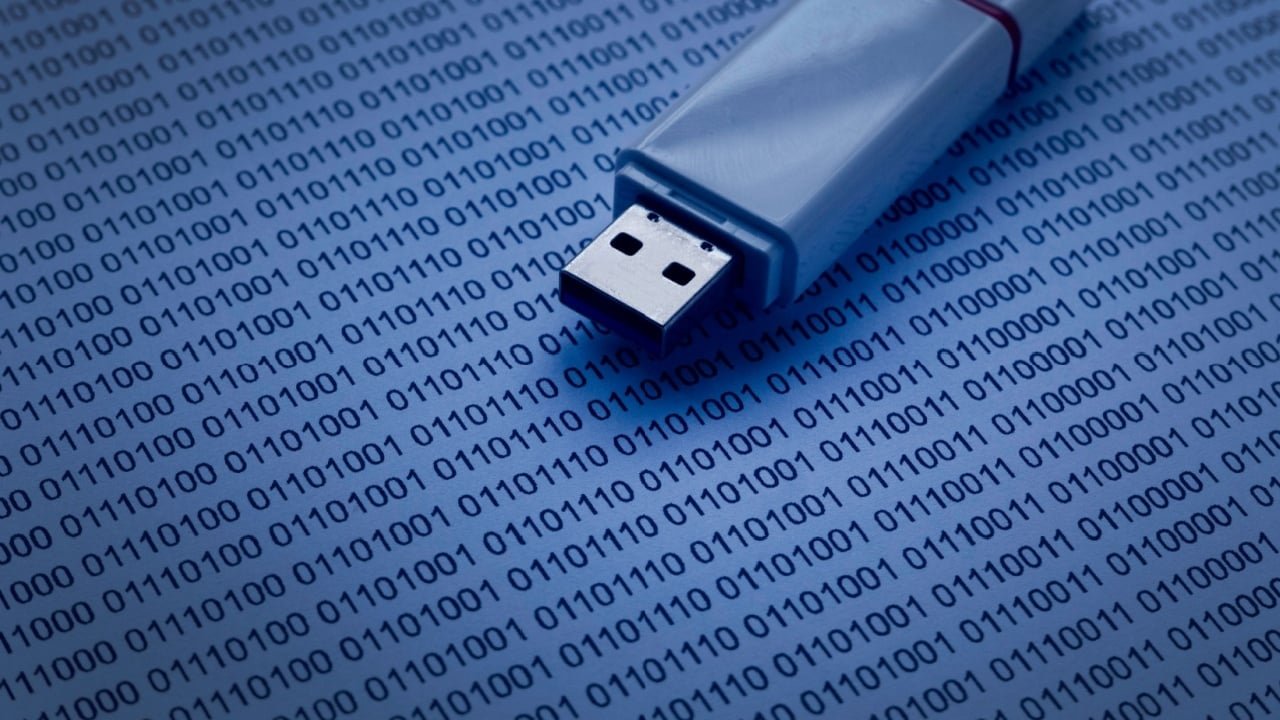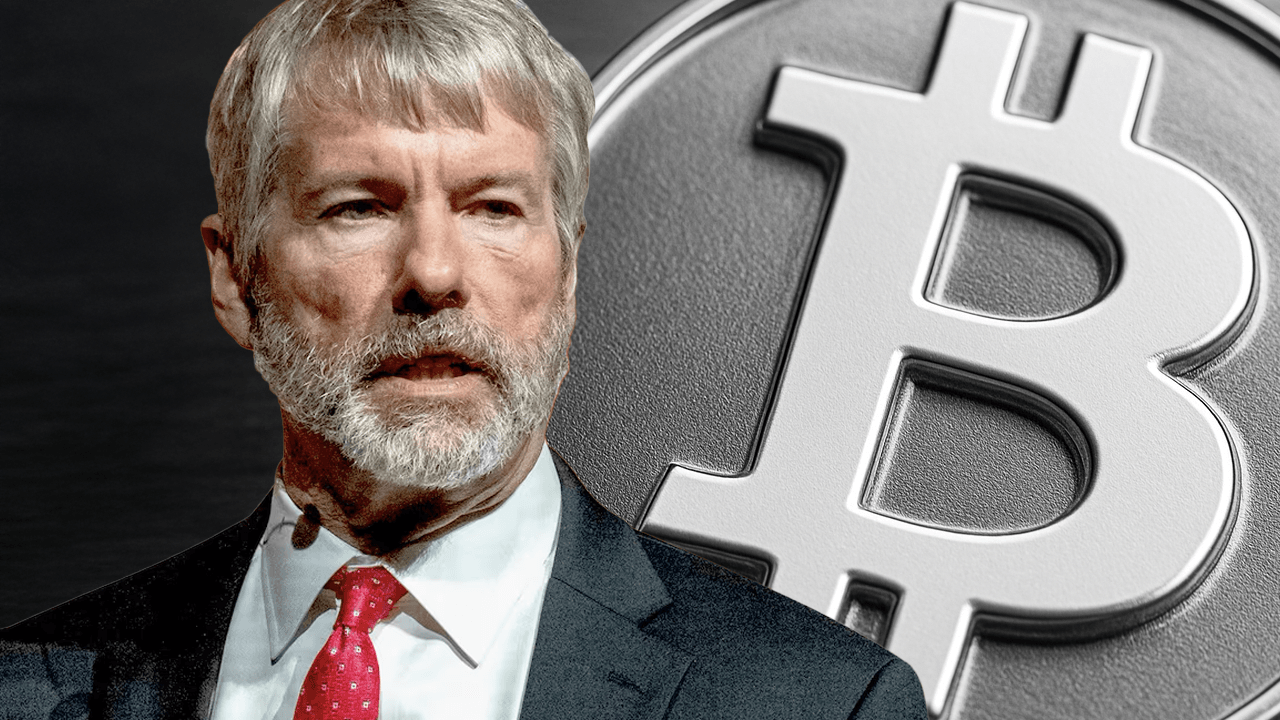Bunker Buster Blitz: US Claims Iranian Nuclear Sites Obliterated, Intel
Navigating Legal and Ethical Challenges
(Originally posted on : NFTICALLY )
Introduction
The rise of Non-Fungible Tokens (NFTs) has ushered in a groundbreaking era in the digital world, offering a novel means of owning and trading unique digital assets. However, along with this innovative concept come a host of complex legal and ethical challenges, particularly concerning intellectual property rights. In this comprehensive blog post, we will thoroughly explore the multifaceted landscape of NFTs, delving into the intricate issues related to copyright, ownership, and intellectual property.
Understanding NFTs
Before we embark on a journey through the legal intricacies, let’s establish a solid understanding of what NFTs truly entail. NFTs are distinct digital tokens that signify ownership of specific digital or physical assets. Unlike well-known cryptocurrencies such as Bitcoin or Ethereum, NFTs are non-fungible, meaning each one is entirely unique and cannot be directly swapped on a one-to-one basis. These tokens are commonly employed to represent various forms of digital assets, including digital art, collectibles, music, virtual real estate, and more.
The Complex Web of Copyright Challenges
One of the foremost concerns that arise in the realm of NFTs and intellectual property is the issue of copyright infringement. Interestingly, many artists and creators are themselves involved in minting NFTs of their own work, bestowing ownership and authenticity upon the buyers. Yet, this peculiar situation begs the question: are these artists infringing on their own copyrights by selling digital renditions of their creations?
To navigate this intricate landscape, artists and creators must contemplate how they wish to handle the licensing of their work when creating NFTs. Some opt for exclusive licenses, thereby ensuring that they retain their rights and creative control. Others might decide to release their work under a Creative Commons license, which delineates the terms of NFT usage and determines the extent to which the artist retains certain rights over the work.
Ownership and Provenance – A Delicate Balancing Act
One of the alluring aspects of NFTs is their capability to authenticate the origin and ownership history of a digital asset – a concept commonly referred to as “provenance.” Yet, this newfound transparency raises questions regarding the ownership of the underlying intellectual property. Simply possessing an NFT representing a piece of digital art doesn’t necessarily grant the holder the unbridled right to utilize it as they see fit.
The underlying blockchain technology supporting NFTs facilitates the creation of a transparent ownership history. While this has been immensely beneficial for artists and creators in curtailing unauthorized reproduction and distribution of their work, it does not inherently bestow the right to commercialize the work or use it in ways unintended by the original creator.
Smart Contracts and Licensing: A Ray of Hope
To address these multifaceted issues, a number of artists and creators have begun embedding licenses directly into NFTs using smart contracts. These self-executing contracts can spell out the terms of use, specify how the NFT can be transferred, and even allocate royalties to the creator on secondary sales. For instance, an artist might stipulate that the NFT owner can exhibit the artwork in a virtual gallery but is prohibited from reproducing it for commercial purposes.
Nevertheless, challenges persist. The enforcement of such licenses can be a complex process, particularly if the NFT owner breaches the terms. Furthermore, interoperability issues between various NFT marketplaces and platforms make it a formidable task to consistently track and enforce licensing agreements.
Copyright Infringement and Plagiarism: The Dark Side of Anonymity
The relative anonymity and openness of the NFT space have given rise to concerns about copyright infringement and plagiarism. Instances have emerged where artists’ works were tokenized without their permission, sparking disputes over the rightful ownership of the NFT.
These disputes underscore the pressing need for NFT marketplaces and platforms to shoulder the responsibility of verifying the authenticity of NFTs and ensuring that the minting process adheres to copyright laws. Many marketplaces have introduced verification processes and tools to mitigate this issue, but it remains a substantial challenge.
The Ethical Quandary
Beyond the legal conundrums, a profound ethical dilemma looms over the NFT space. Some artists and environmental advocates are deeply concerned about the considerable energy consumption associated with blockchain transactions, which could potentially contribute to increased carbon emissions. This environmental impact of NFTs raises a poignant question: are artists and buyers willing to compromise their environmental values in pursuit of owning and trading digital assets?
In Conclusion
NFTs have heralded a transformative way of buying, selling, and owning digital assets, but they have also ushered in a maze of legal and ethical challenges, particularly concerning intellectual property rights. Copyright, ownership, licensing, and plagiarism are just a few of the intricate issues that artists, creators, buyers, and NFT platforms must navigate.
Searching for a top-tier NFT marketplace that champions intellectual property rights? Your quest ends here. NFTICALLY, a global B2B SaaS solution, offers you the ability to launch your very own NFT marketplace or NFT store with a strong commitment to protecting intellectual property rights. Explore NFTICALLY to dive into the world of NFTs while upholding and safeguarding your intellectual property rights.








 Bitcoin
Bitcoin  Ethereum
Ethereum  Tether
Tether  XRP
XRP  Solana
Solana  USDC
USDC  TRON
TRON  Dogecoin
Dogecoin  Lido Staked Ether
Lido Staked Ether  Cardano
Cardano  Wrapped Bitcoin
Wrapped Bitcoin  Hyperliquid
Hyperliquid  Wrapped stETH
Wrapped stETH  Sui
Sui  Chainlink
Chainlink  Bitcoin Cash
Bitcoin Cash  LEO Token
LEO Token  Stellar
Stellar  Avalanche
Avalanche  USDS
USDS  Toncoin
Toncoin  WhiteBIT Coin
WhiteBIT Coin  Shiba Inu
Shiba Inu  Hedera
Hedera  Litecoin
Litecoin  WETH
WETH  Wrapped eETH
Wrapped eETH  Binance Bridged USDT (BNB Smart Chain)
Binance Bridged USDT (BNB Smart Chain)  Monero
Monero  Ethena USDe
Ethena USDe  Polkadot
Polkadot  Bitget Token
Bitget Token  Coinbase Wrapped BTC
Coinbase Wrapped BTC  Uniswap
Uniswap  Pepe
Pepe  Pi Network
Pi Network  Aave
Aave  Dai
Dai  Ethena Staked USDe
Ethena Staked USDe  Aptos
Aptos  Bittensor
Bittensor  OKB
OKB  BlackRock USD Institutional Digital Liquidity Fund
BlackRock USD Institutional Digital Liquidity Fund  NEAR Protocol
NEAR Protocol  sUSDS
sUSDS  Internet Computer
Internet Computer  Cronos
Cronos  Jito Staked SOL
Jito Staked SOL  Ethereum Classic
Ethereum Classic  Ondo
Ondo  Tokenize Xchange
Tokenize Xchange  USD1
USD1  Mantle
Mantle  Gate
Gate  Cosmos Hub
Cosmos Hub  Official Trump
Official Trump  VeChain
VeChain  Sky
Sky  Artificial Superintelligence Alliance
Artificial Superintelligence Alliance  Sei
Sei  Lombard Staked BTC
Lombard Staked BTC  Render
Render  POL (ex-MATIC)
POL (ex-MATIC)  Ethena
Ethena  Algorand
Algorand  Arbitrum
Arbitrum  Filecoin
Filecoin  Worldcoin
Worldcoin  Jupiter Perpetuals Liquidity Provider Token
Jupiter Perpetuals Liquidity Provider Token  Binance-Peg WETH
Binance-Peg WETH  USDtb
USDtb  KuCoin
KuCoin  Binance Staked SOL
Binance Staked SOL  USDT0
USDT0  SPX6900
SPX6900  Jupiter
Jupiter  Kaia
Kaia  NEXO
NEXO  Rocket Pool ETH
Rocket Pool ETH  Celestia
Celestia  Injective
Injective  Sonic
Sonic  Bonk
Bonk  Virtuals Protocol
Virtuals Protocol  Polygon Bridged USDT (Polygon)
Polygon Bridged USDT (Polygon)  Fartcoin
Fartcoin  Stacks
Stacks  Binance Bridged USDC (BNB Smart Chain)
Binance Bridged USDC (BNB Smart Chain)  Optimism
Optimism  PayPal USD
PayPal USD  Mantle Staked Ether
Mantle Staked Ether  StakeWise Staked ETH
StakeWise Staked ETH  Solv Protocol BTC
Solv Protocol BTC